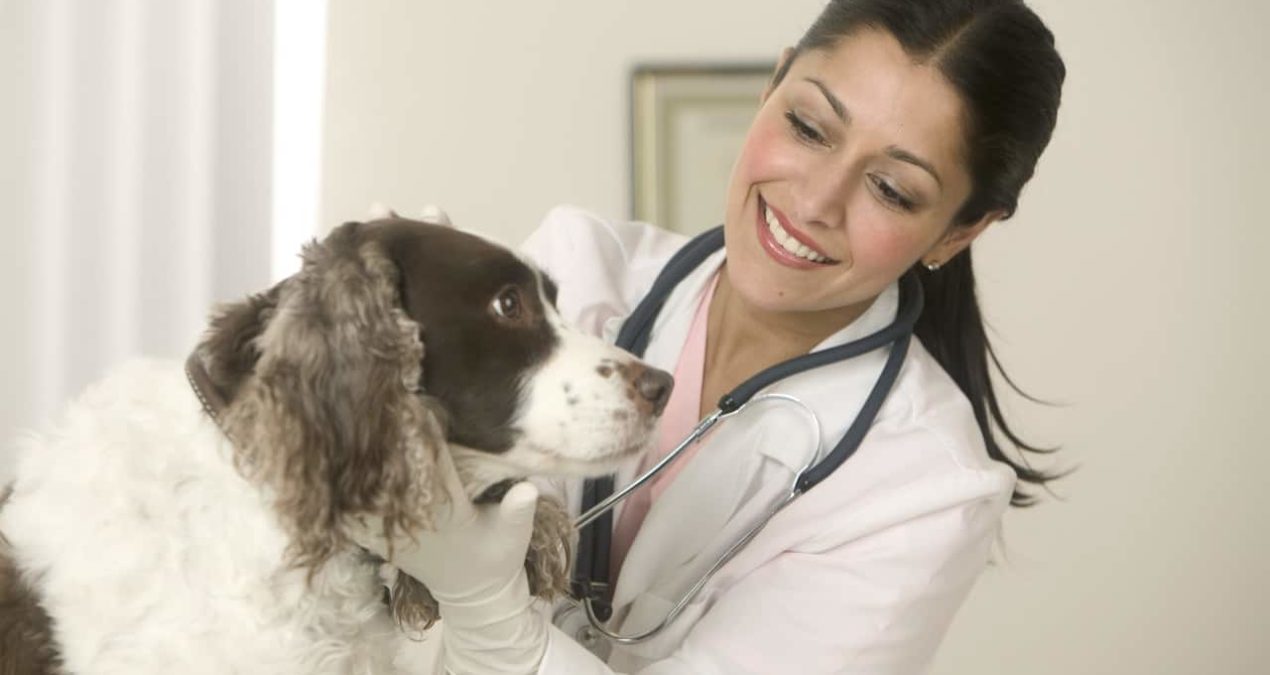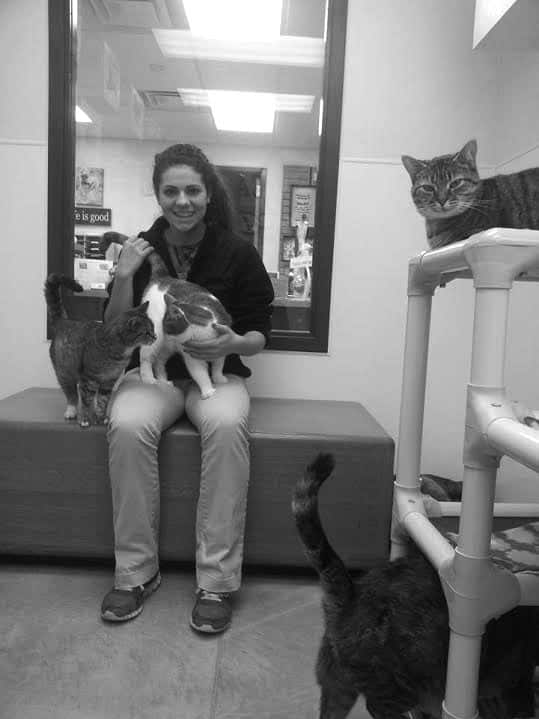By Debbie Gillum
News Editor
Attending a liberal arts school is great, but it means that Denison students looking to become veterinarians have found themselves with only a limited support network on The Hill.
So Dory Enright, a sophomore from Lincoln, R.I., started the Pre-Veterinary club alongside senior Alison Smith from Garrett Park, Md.
Enright said they started the club as a resource for pre-veterinary students.
“For the most part I started the club because, in my experience, Denison has only a limited support network for students who are pursuing a pre-professional track, especially those who are pre-vet,” she said.
“There is no specific pre-vet adviser, no official pre-veterinary program to guide students towards the classes that are prerequisites for vet school, and most of the graduate school programs and speakers that are brought to campus tend to focus solely on the human side of medicine.”
The club was approved by DCGA at the end of October. 14 members have signed up so far.
“Considering the fact that veterinary medicine is such small field compared to human medicine and that it is so specialized, we have pretty good numbers and are hoping to become more of a presence to help future veterinary students on Denison’s campus,” said Smith. “I wish I had a group like this when I started considering veterinary medicine!”
Enright thought it would be helpful for pre-vet students to “pool [their] collective experiences, thoughts, and questions regarding the pre-vet process so that [they] could work through it together instead of trying to handle it completely on [their] own.”
The group also hopes to be a social space for students to meet others who share their dream of helping animals.
“I realized last year that I had no idea who else on campus was considering veterinary medicine as a career. Like any pre-professional track, pre-vet can be quite stressful, and I truly think that having a support network of people with similar goals facing similar challenges can be a great way of dealing with and overcoming these difficulties,” Enright said.
Currently the Pre-Vet Club is working on sorting out the logistics of what kind of an organization it will be and how it will operate. They have had one meeting on Nov. 13 but will not be fully functional until the beginning of next semester. The first meeting was informational and logistical.
“We have ratified our constitution with the support of our members, and I am working on a budget to be turned in soon. We also have had a presentation about volunteer opportunities near campus for pre-vet students to consider for animal care hours, which is important for admission into veterinary school,” said Smith.
Next semester, members hope to do volunteer work at local animal-related non-profits, take trips to the Columbus Zoo, the Ohio State School of Veterinary Medicine, and the Midwest Veterinary Conference in February. They also plan on bringing in members of the veterinary community to discuss career options and the vet school application process.
At the first meeting, there were at least twelve students with different kinds of animal experience and interests.
Professor Monroy, one of the club’s faculty advisors, said she was “impressed by the number of people who showed up.”
Monroy has had several years of experience mentoring students who have gone on to vet school, and she said, “the Pre-Vet club is a useful venue for obtaining information about how to get into vet school.”
She explained how, in order to have a better chance of getting into vet school, students need to accumulate animal contact hours and animal medical hours. The Pre-Vet Club can help students find out how and where they can get these hours. In addition, the Pre-Vet club will expose students to all the professions one can do with a veterinary degree.
“We often think only about the dog and cat vet when there are many different types of veterinary professions,” Monroy said.
Professor Hinton is the Pre-Vet Club’s other faculty advisor. She sees her role as being a “resource for the club to help them with logistical issues such as finding spaces, organizing events, finding funding and more.”
Look out for the Pre-Veterinary club’s next meeting in the spring semester.


